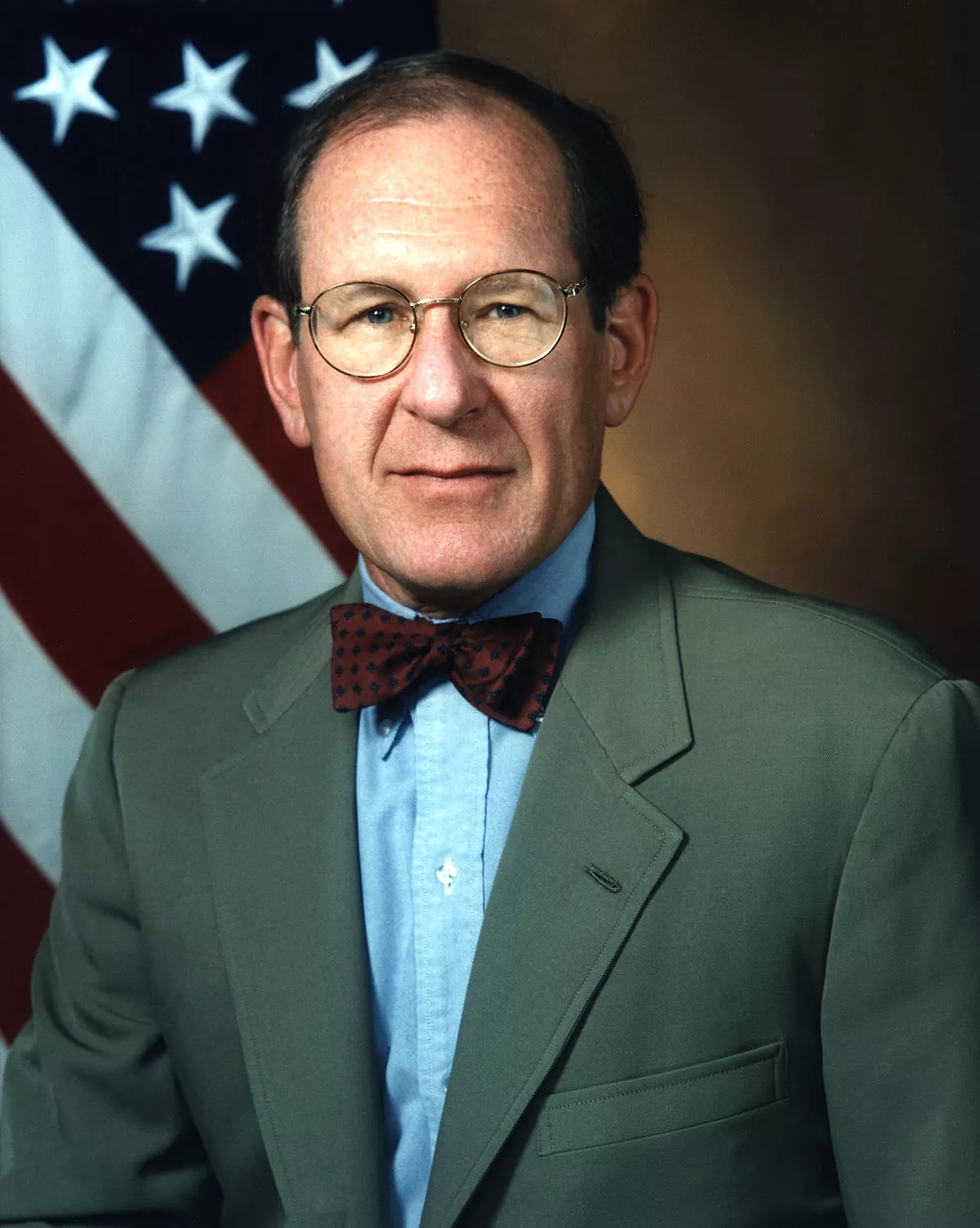 1.
1. Kenneth Hogate Bacon was an American journalist who served as a spokesman for the Department of Defense during the Presidency of Bill Clinton, and later as president of Refugees International, an organization advocating for displaced persons and solutions for displacement crises.